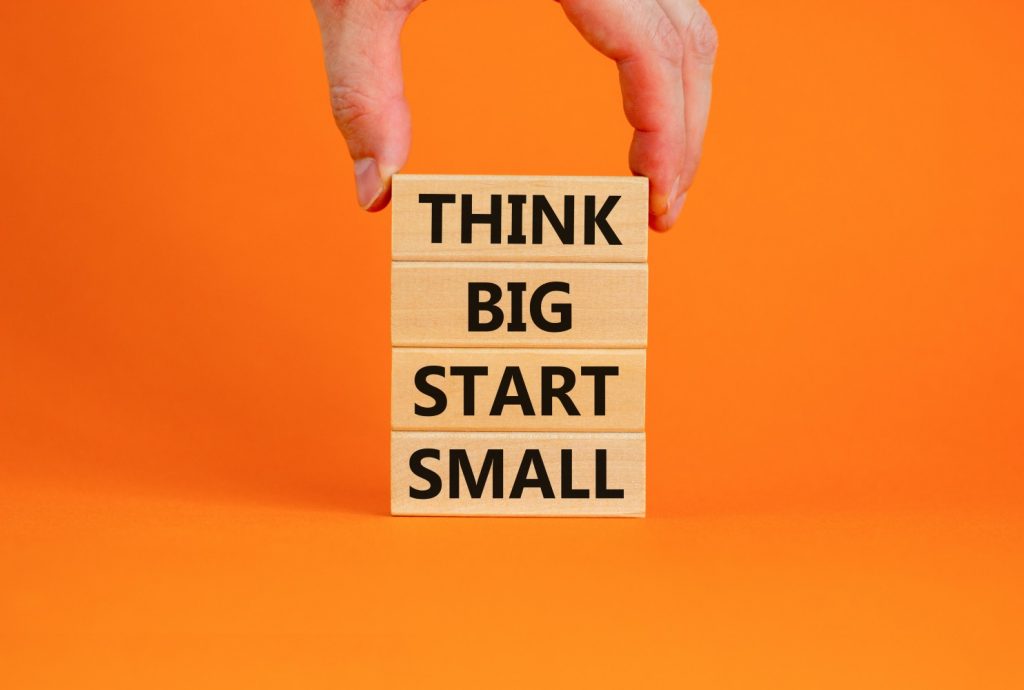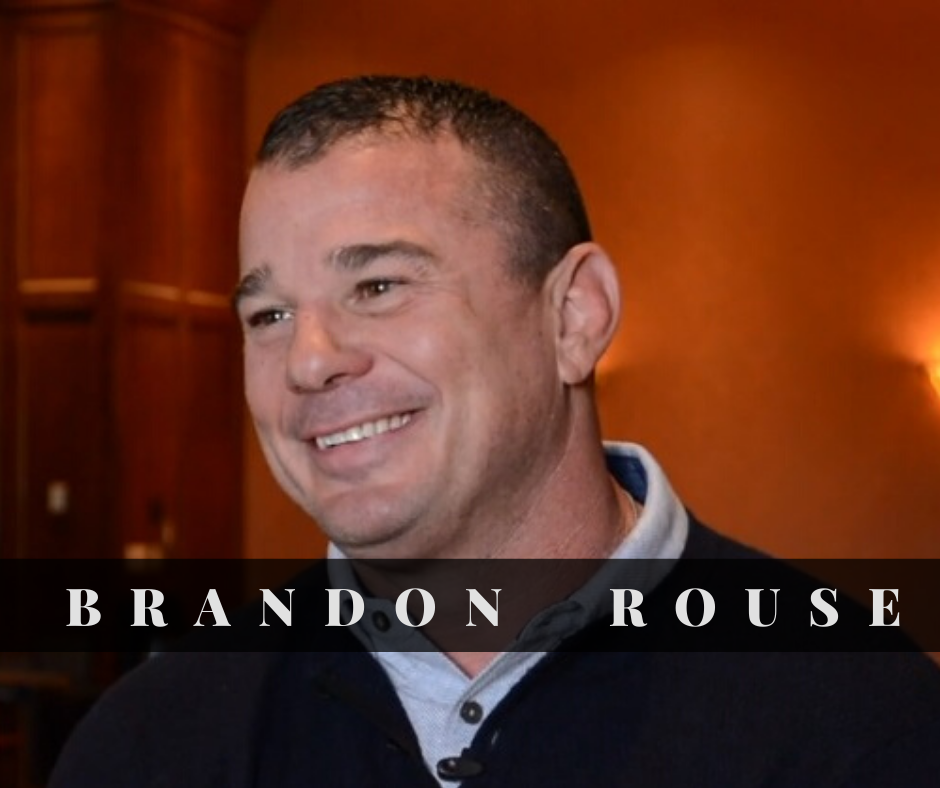2022 is around the corner and for some, the desire to set resolutions for change in the new year. While identifying areas of opportunity at work (and in your personal life) can be a good start, I invite you consider implementing new habits vs. new resolutions. As an executive within our diverse family of medical and technical solution companies, one of our goals remains personal development and that includes modifying our approach to solving challenges when necessary.
Habit formation is the process by which behaviors become automatic. Habits can form without a person intending to acquire them, but they can also be deliberately cultivated or eliminated – to better suit one’s personal goals. We all develop countless habits as we navigate life (whether aware of specific habits or not). Our human tendency toward quick-and-efficient responses can backfire, so its important for today’s leaders to explore necessary change and also how to make it stick in the workplace.

If some of the first steps to implementing change include acknowledging challenges and understanding how habits can take shape, leaders benefit when they dismantle and replace things that no longer serve the company (or the employees). Behavior scientist B.J. Fogg, founder and director of Stanford’s Behavior Design Lab and author of the book, Tiny Habits: The Small Changes That Change Everything, teaches individuals and professional coaches about human behavior. To change your life for the better, Fogg advises us to think tiny, first. His research suggests we develop small habits that over time, can grow and transform our lives for the better. Fogg recommends starting with easy, minimal versions of our desired behaviors. When we experience happiness from small successes, it can lead to greater motivation and reinforcement of our new habits.
“We are not the problem. Our approach to change is. Its a design flaw – not a personal flaw.” – BJ Fogg
Motivation, Ability and Prompt
According to Fogg, we change our behavior when motivation (our wish to take action), ability (our capacity to act) and a prompt (our signal to begin) come together at the same moment. In other words, the greater our motivation, the more likely we are to perform a new behavior. The easier the action, the less motivation we need to stick with it.
To create new habits, Fogg suggests asking yourself what is causing a specific barrier to accomplishing your goal and follow up by asking yourself what can you do to make the behavior you want to change, easier on yourself.
For example, if you are not a morning person, packing your workout bag the night before is a better idea to avoid excuses for not going to the gym (they say the hardest part of working out is putting on your shoes). Dramatic actions, to change behavior, often end in disappointment and self-criticism. Alterations that “stick” are the easiest ones to help support change says Fogg, and that often means starting small.

Leadership Challenge: What small changes to create new habits in 2022?
From our family of businesses to yours, my team and I wish you a safe and Happy New Year! May 2022 be your best year yet.

Brandon Rouse leads a diverse and growing team of professionals well-versed in the challenges facing healthcare today. Headquartered in Oklahoma City, OK, Brandon’s experienced team represents various technological and innovative medical solutions. ZB RX Medical and RX Medical are direct distributors of Zimmer Biomet.

